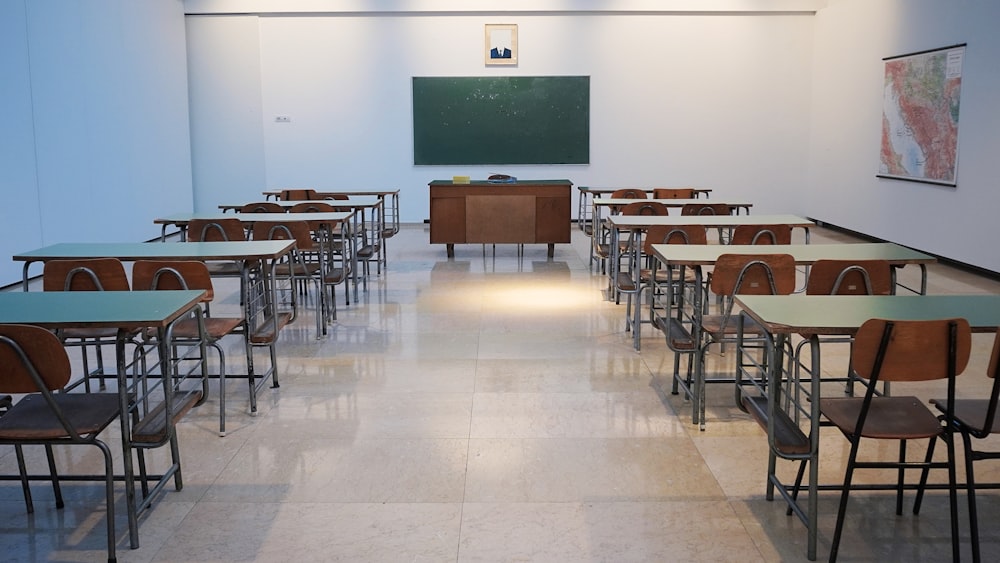
Since childhood, the Chinese have worked hard and even after reaching their goals, they do not stop working on themselves.
Chinese mentality
The Chinese never stop halfway, because the main thing for them is to achieve the set goal. For example, during the Olympics, the Chinese always strive to get exactly gold, because other medals are not the equivalent of a victory.
As you know, in the early 90s in China, only 4% of the population had a higher education, only 12% received a high school diploma and 11% had no education at all. Outstanding researchers could be counted on one hand, while in prestigious universities, victories in various Olympiads and competitions were out of the question. Today the situation has changed dramatically.
Benefits of Chinese education
What was the impetus that turned China into the fastest growing country? Today, the Celestial Empire overtakes the United States in terms of the number of space launches, independently produces original and high-quality products, and is also a world center for advanced research and innovative projects.
In 1998, the PRC Higher Education Law was signed, which turned the country’s universities into world-class universities, with the best professors and unique laboratories, thanks to which China can now rightfully be called an innovative miracle.
Currently, every citizen of the PRC understands that the absence of a higher education diploma means the impossibility of normal, happy life and self-realization. This understanding has determined the current situation in the country. Currently, obtaining a diploma and a demanded specialization is the goal of every citizen of the country. And they begin to achieve it from early childhood. Taking into account the incredible zeal and diligence, students, and then students, learn an insane amount and perceive huge layers of information every day.
Preschool education
In China, preschoolers attend kindergarten. They are divided into two main types: private and public. At the same time, they differ in both the method of financing and teaching methods.
In private kindergartens, teaching focuses on an individual approach to the child, develops creative abilities, and acquaints with science and art. In public preschool institutions, children are taught to work, taught to cope with everyday needs, and are prepared for primary school.
Children are taught the famous Chinese discipline from kindergarten. Every morning begins with raising the national flag, all games are strictly controlled by educators, and there is simply no free time for idleness. Maybe this is the secret of the exceptional hard work and efficiency of the Chinese.
School education in China
We mentioned earlier the three-level structure of schooling. Primary and secondary school is a compulsory stage of education. The program includes the basic study of the Chinese language, mathematics, natural history, history, geography, and music. Knowledge is assessed on a 100-point scale, a test system works.
In Chinese schools, there is a uniform for all students, the entrance gates are opened twice a day, and the educational process does not stop even during holidays. After rest, students are required to hand over their homework to the teachers. It is a common practice to send children abroad. But not for relaxation, but a more in-depth study of a foreign language. It seems that every free minute in China is spent studying.
Those who want to go to college usually go to high school.
Another important point – before the beginning of this stage, students take a profile test and choose a direction – vocational or academic.
In the high school of the academic direction, students are prepared for admission to the university. Students are waiting for training in serious and narrow-profile disciplines that they will need at the university.
Higher education in China
More than two thousand institutions of higher education are located in China. It should be noted that the diplomas of the PRC universities are not only quoted by employers but also highly valued in the world arena. And this is all thanks to the fundamental approach to higher education in the Middle Kingdom.
To enter university, students take a national uniform exam that determines their chances of university admission. Not only the state but also municipalities and private companies in China are interested in increasing the number of young people with higher education. Hence the variety of grants and scholarships for university studies. Student loans are also common.
Studying in the PRC is becoming more accessible, but the competition for budgetary places is still very large, so even admission to a paid department is a holiday for the whole family. A diploma from a Chinese university graduate is a guarantee of a successful career in the future.
The structure of higher education in China is the same as in Europe and consists of three stages: bachelor’s, master’s, and postgraduate studies.
Undergraduate studies take four years and are the main stage of higher education. A bachelor’s degree allows you to get a job in leading companies in China and around the world.
A master’s degree in another two or three years of study and a first academic degree. Students who enter the second stage of education will face serious scientific work, the publication of academic materials on the chosen topic, and, finally, the writing and defense of a master’s thesis.
Obtaining a Ph.D. takes another three to four years of postgraduate study. Usually, this tuition is paid, but graduate students who study important or contemporary topics can count on the help of the state, which encourages the growth of scientists who benefit the country.

